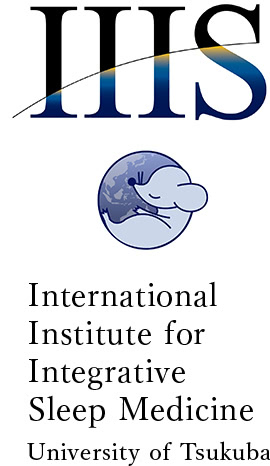
2023.12.11
Revealing the Association between Sleep Quality Measured by Electroencephalography at Home and Physical Health Parameters
Tsukuba, Japan—Researchers conducted a cross-sectional study of 100 adults aged 30-59 years who underwent sleep EEG measurements in their homes, alongside thorough health assessments, to systematically investigate the interplay between these variables.
Ten sleep parameters derived from the EEG data collected during the five-night home study were used to categorize participants into three groups—namely, the good sleep group (comprising 39 participants), the intermediate group (comprising 46 participants), and the poor sleep group (comprising 15 participants), utilizing the k-means++ clustering method, a form of unsupervised machine learning within the domain of artificial intelligence (AI). Then, researchers evaluated 50 physical health parameters across these groups.
Statistically significant differences were observed in systolic and diastolic blood pressure, γ-GTP (a marker of liver function), and serum creatinine (a marker of kidney function). Of these, the differences in systolic blood pressure were particularly pronounced, consistently higher among participants of poor sleep group.
Furthermore, the study unveiled a weak correlation between objective sleep quality, as measured by EEG during sleep, and subjective sleep quality as assessed using the Athens Insomnia Scale. Notably, only objective sleep quality exhibited an association with systolic blood pressure. Additionally, the research identified specific combinations that displayed relatively strong correlations between the 10 EEG-derived sleep metrics and the 50 physical health parameters.
This study highlights the utility of home-based electroencephalography for the objective assessment of sleep quality, offering valuable applications in clinical practice and research endeavors.
| Press Release | |
|---|---|
| Paper | |
| EurekAlert! |
